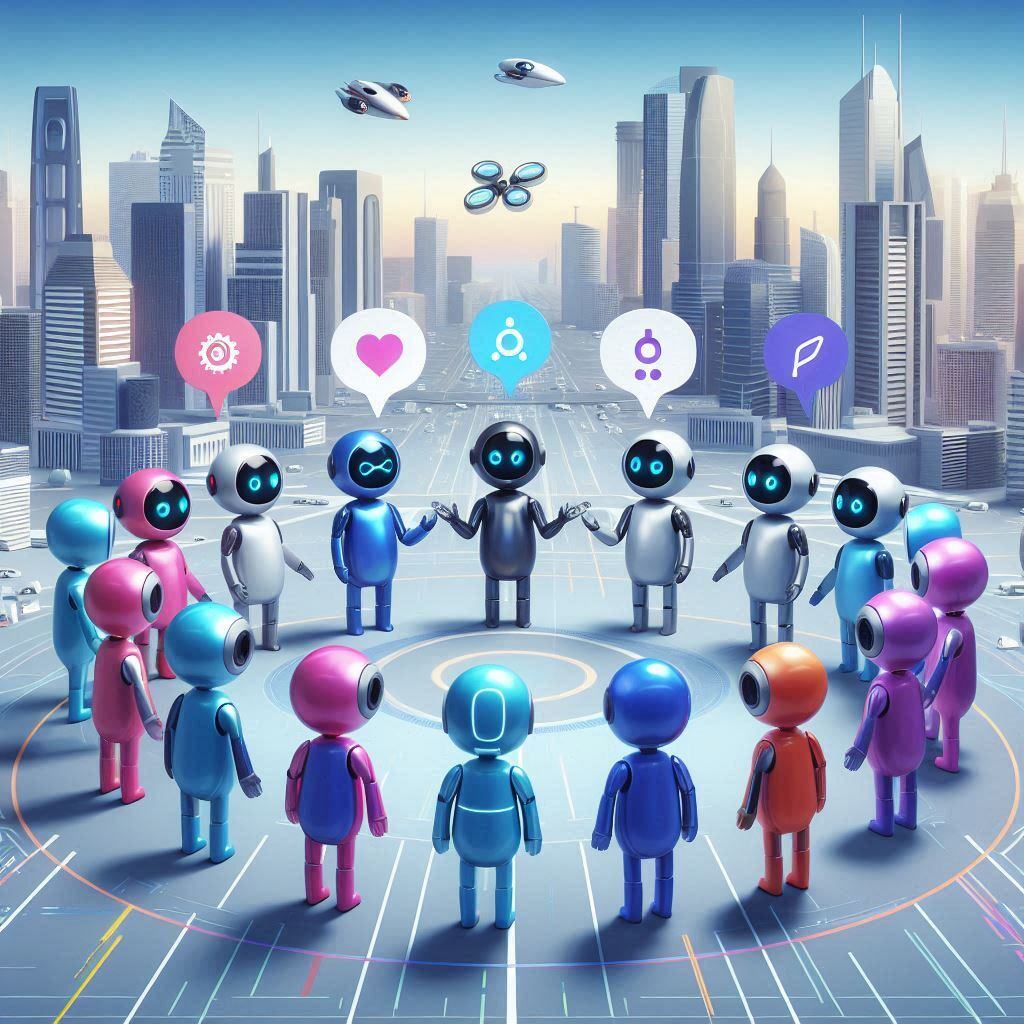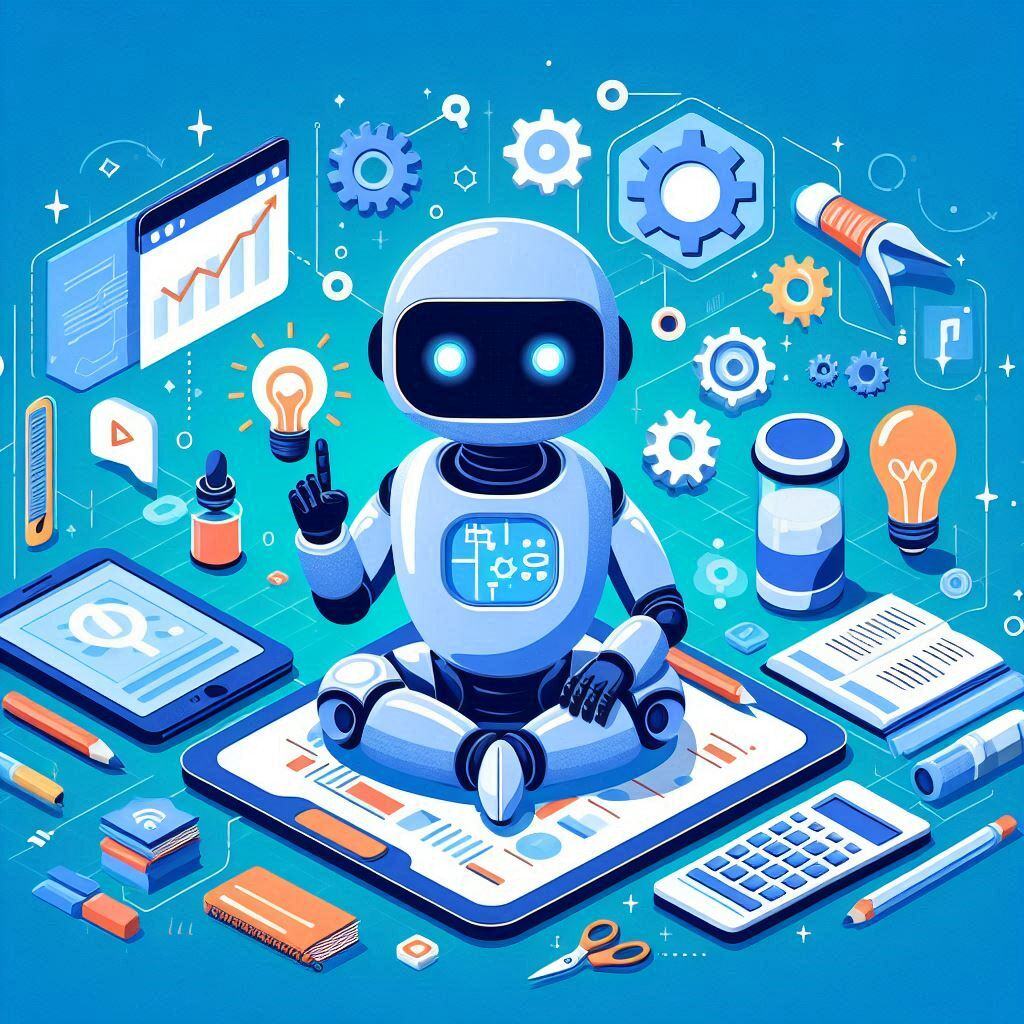Introduction to AI Agents with Integrail
Artificial intelligence is becoming increasingly essential for businesses looking to streamline their processes. One of the most powerful ways to tap...
Discover how to create dynamic AI agents that learn and adapt using Integrail's platform. Follow our step-by-step guide today.
Artificial intelligence is moving beyond static models and into the realm of adaptive, learning agents—AI systems that continuously evolve based on their interactions and experiences. In his recent presentation, Anton Antich, Co-founder and CEO of Integrail, demonstrated how learning agents can be built using Integrail’s platform. These agents offer groundbreaking opportunities for dynamic customer interactions, personalized marketing, and complex business operations.
In this blog, we’ll walk you through the essential steps to create and use learning agents with Integrail, exploring key features like memory updates, skill acquisition, and decision-making through branching.
Learning agents in Integrail are designed to function similarly to human learning processes. They have a sophisticated architecture that includes:
The two main ways these agents learn are by:
Memory updates are critical for making agents more effective over time. Anton explains that integrating memory updates into agents is straightforward on the Integrail platform:
Automatic Updates to Long-Term Memory: Set up your agent to automatically update its long-term memory. This is done by adding a “save to long-term memory” node in the agent’s workflow. For instance, an agent in customer service might save a summary of every conversation to refer to in future interactions.
Use Short-Term Memory for Immediate Tasks: Short-term memory is used for tasks that are temporary or need immediate responses. For example, if an agent needs to perform a series of steps based on user input, it uses short-term memory to remember those steps until the task is complete.
Currently, expanding an agent's skills on the Integrail platform is semi-manual, but it provides flexibility in defining what new abilities the agent should acquire:
Semi-Manual Skill Addition: You can manually add new skills to the agent's skill set. For example, you could teach a marketing agent to analyze competitors' websites or generate content ideas based on specific keywords.
Automated Skill Generation (In Progress): Integrail is developing ways to automate skill acquisition, where agents can generate new skills on their own. This future capability will significantly expand the utility of learning agents by allowing them to adapt to new tasks without manual programming.
A powerful feature of Integrail’s learning agents is Branching, which enables decision-making based on user inputs.
What is Branching?: Branching allows agents to execute different actions based on specific conditions or inputs from users. For example, if a user asks for a drawing, the agent branches into a path where it uses an image generation node. If the user asks a question, it branches into another path to provide a text-based response.
How to Set Up Branching:
Anton also demonstrated how to build a more sophisticated agent for strategic marketing. This example showcases how learning agents can be used to handle complex business tasks:
To ensure your agents perform optimally, Integrail provides various tools for debugging and optimization:
Integrail’s platform is continually evolving, and several exciting advancements are on the horizon:
Learning agents represent a significant advancement in AI technology, offering dynamic, adaptable solutions for businesses. By following the steps outlined above, you can start building powerful agents that learn from their experiences, expand their skills, and make intelligent decisions based on user interactions. As Integrail continues to innovate, the potential applications for learning agents will only grow, providing new opportunities to enhance business operations and drive growth.
For more details and to start building your own learning agents, visit Integrail.ai

Artificial intelligence is becoming increasingly essential for businesses looking to streamline their processes. One of the most powerful ways to tap...

Artificial Intelligence (AI) is transforming industries by automating tasks, enhancing decision-making, and driving innovation. Traditionally,...

Artificial intelligence is becoming smarter every day, but what if your AI could actually remember past conversations and use that knowledge to offer...
Start your journey with Integrail

Try AI Studio by Integrail FREE and start building AI applications without coding.

NEW White Paper: Discover how AI Studio accelerates your workflows